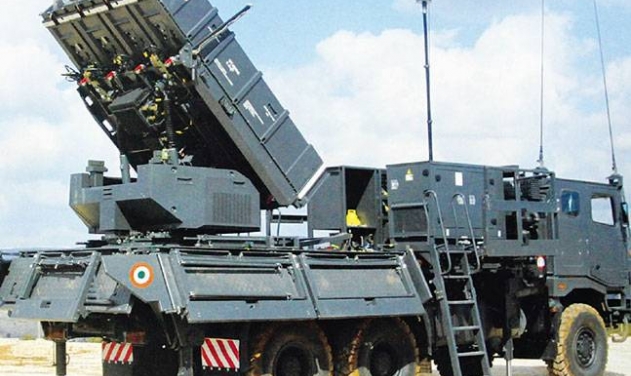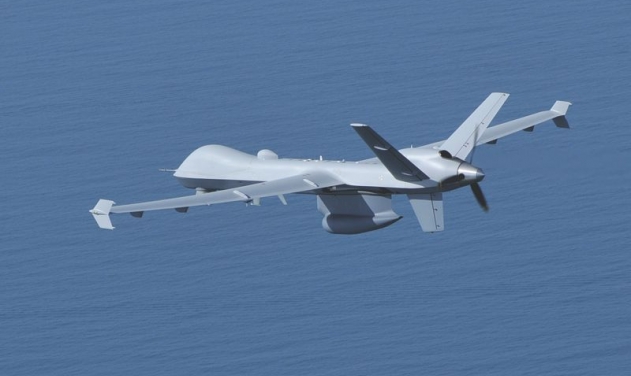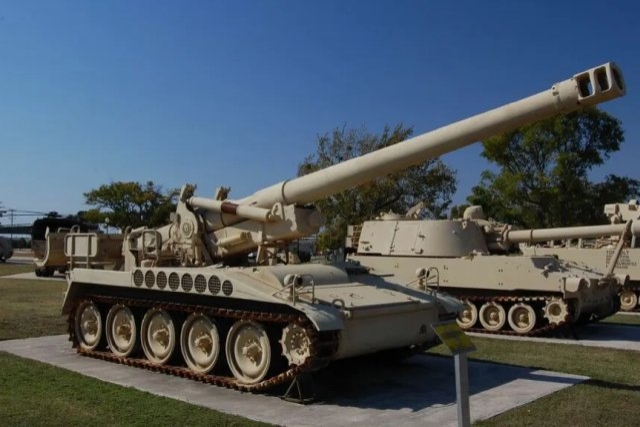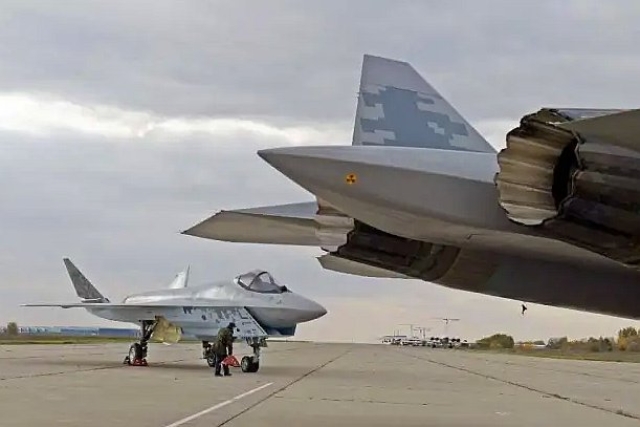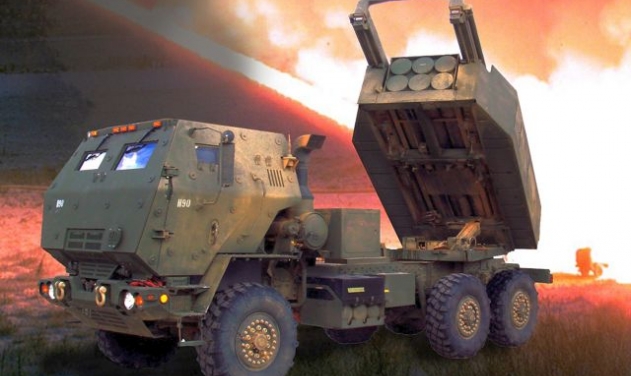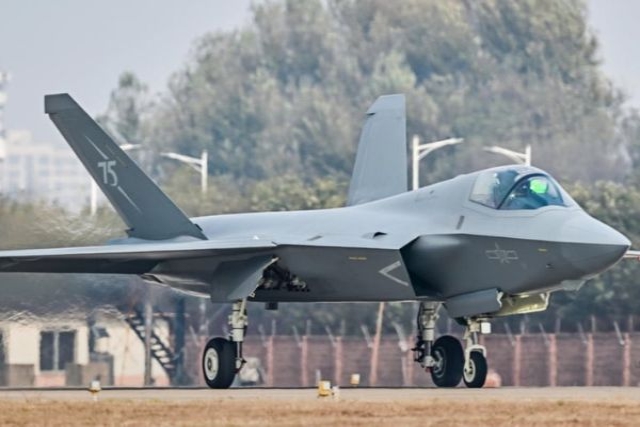India Clears $4 Billion Krivak Class Frigate Deal Signed With Russia
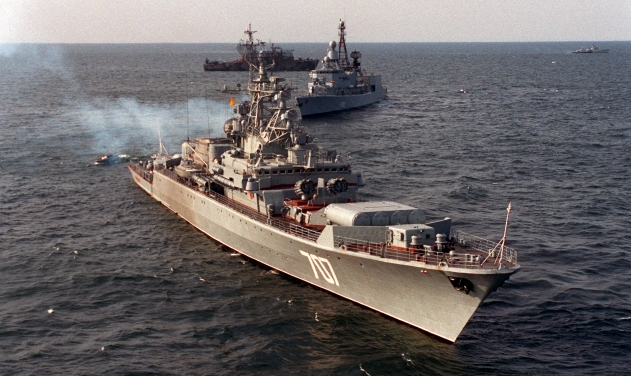
India's Defense Ministry has cleared $4-billion worth Krivak class frigate deal that was signed during Russian President Vladimir Putin visit to the country in October 2016.
The Indian government has instructed its shipyards to start working on the project, Sputnik news reported today.
Under this project, two frigates will be constructed at an Indian shipyard, most likely to be the Goa Shipyard, and will be equipped with the BrahMos supersonic cruise missiles.
The Russian team has been visiting Indian shipyards for the project and had been to Mazagon Dockyard, Cochin Shipyard, L&T shipyard and Reliance's Pipavav shipyard.
The Goa Shipyard would get the frigate building deal as the government-owned shipyards at Mazagon, GRSE and Cochin are engaged with other projects of Indian Navy.
The Goa Shipyard had undergone modification for construction and integration of warships with stealth capabilities.
"Works to finalize the commercial note for the project will commence very soon. This is a very complex project which involves several vendors. Due to its complex structure, it may take time," defense officials said.
The project requires final approval from the Indian Cabinet Committee on Security which comprises the Indian Prime Minister, the defense minister, the external affairs minister, the finance minister and the home minister.
Earlier, Indian Defense Minister Manohar Parrikar had said that a consensus had been reached with Ukraine for power plants to be fitted in the Russian-made frigates.
The basic structure of two frigates has already been completed in Russia, while the other two frigates will be constructed at Indian shipyards with associated technology transfer.
"All Indian equipment will be fitted on the frigate. So, it is a stealth variety where we are involved in the design," Parrikar said last year.
Ongoing negotiation would be the follow-on warships of the Talwar class frigates (Modified Krivak III class) already operational in the Indian Navy since 2003.
The Talwar class has a displacement of 4,000 tons and speed of 30 knots and is capable of accomplishing a wide variety of naval missions, primarily, finding and eliminating enemy submarines and large surface ships.
Due to the use of stealth technologies and a special hull design, the resulting frigate features reduced radar cross section as well as electromagnetic, acoustic and infrared signatures.


